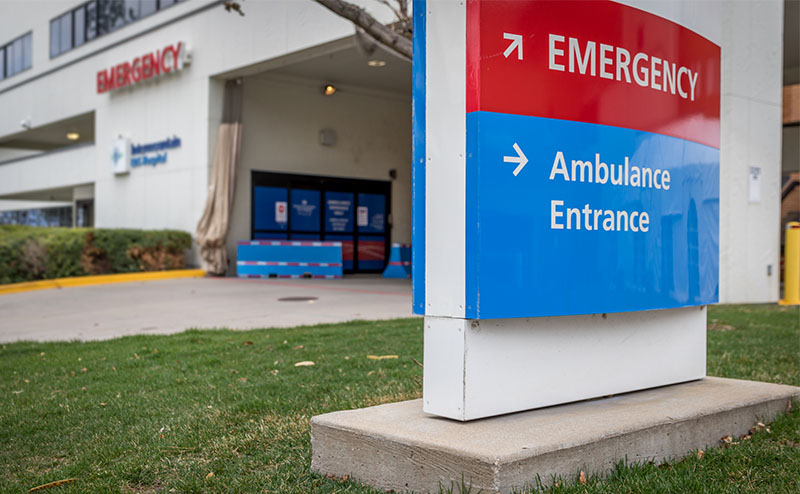WASHINGTON, DC—The American College of Emergency Physicians (ACEP) is launching a new Emergency Department Accreditation Program (EDAP) to recognize emergency departments that meet the highest standards for emergency medicine, promote a safe work environment and provide exceptional patient care.
“Our Emergency Department Accreditation Program (EDAP) raises the bar for emergency care,” said Alison Haddock, MD, FACEP, president of ACEP. “Emergency departments that achieve ACEP accreditation are committing to the best practices that foster optimal work environments and the highest quality care —a choice that benefits patients, emergency physicians and care teams, and health systems.”
The voluntary program includes four levels, like other ACEP accreditation designations, and provides specific criteria and goals for emergency care teams and administrators.
Treatment by a physician who is board certified in emergency medicine and/or pediatric emergency medicine is the highest standard of care for patients in an emergency setting. In a Level 1- accredited emergency department, patients can be assured that their care will always be delivered or closely supervised by a qualified emergency physician.
Accreditation criteria spans emergency department leadership and oversight, policies, quality, and resources. Accredited facilities will have an emergency physician-led quality improvement plan, a policy or plan to address boarding in the emergency department (including mitigation strategies) and will participate in the National Pediatric Readiness Assessment.
The process includes an evaluation of staffing models; processes for supervision of trainees, nurse practitioners and/or physician assistants; availability of onsite or virtual pharmacy, onsite respiratory therapists, onsite imaging, social services, and more.
“EDAP accreditation is more than a certification, it’s a statement,” said Dr. Haddock. “Facilities achieving this distinction are sending a clear signal to the community that the highest standards are being prioritized and that patients can be confident in their care when an emergency occurs.”
Visit www.acep.org/EDAP for more information.
 American College of Emergency Physicians
American College of Emergency Physicians




